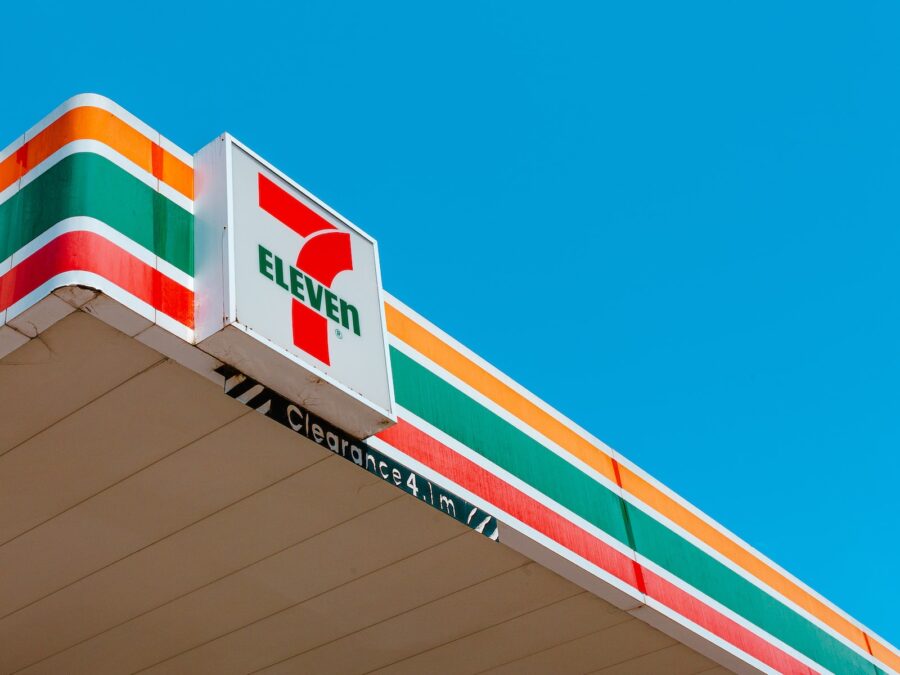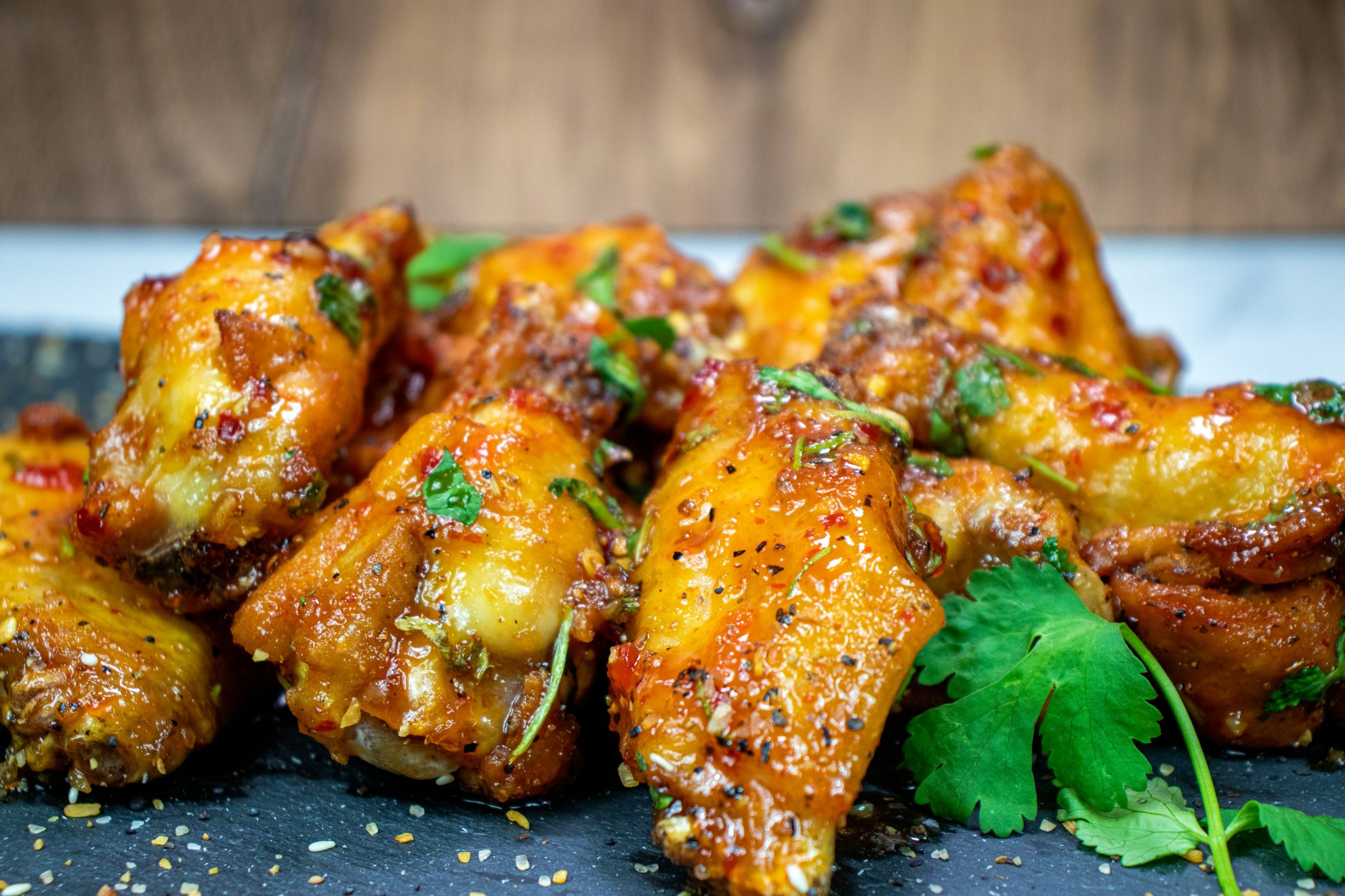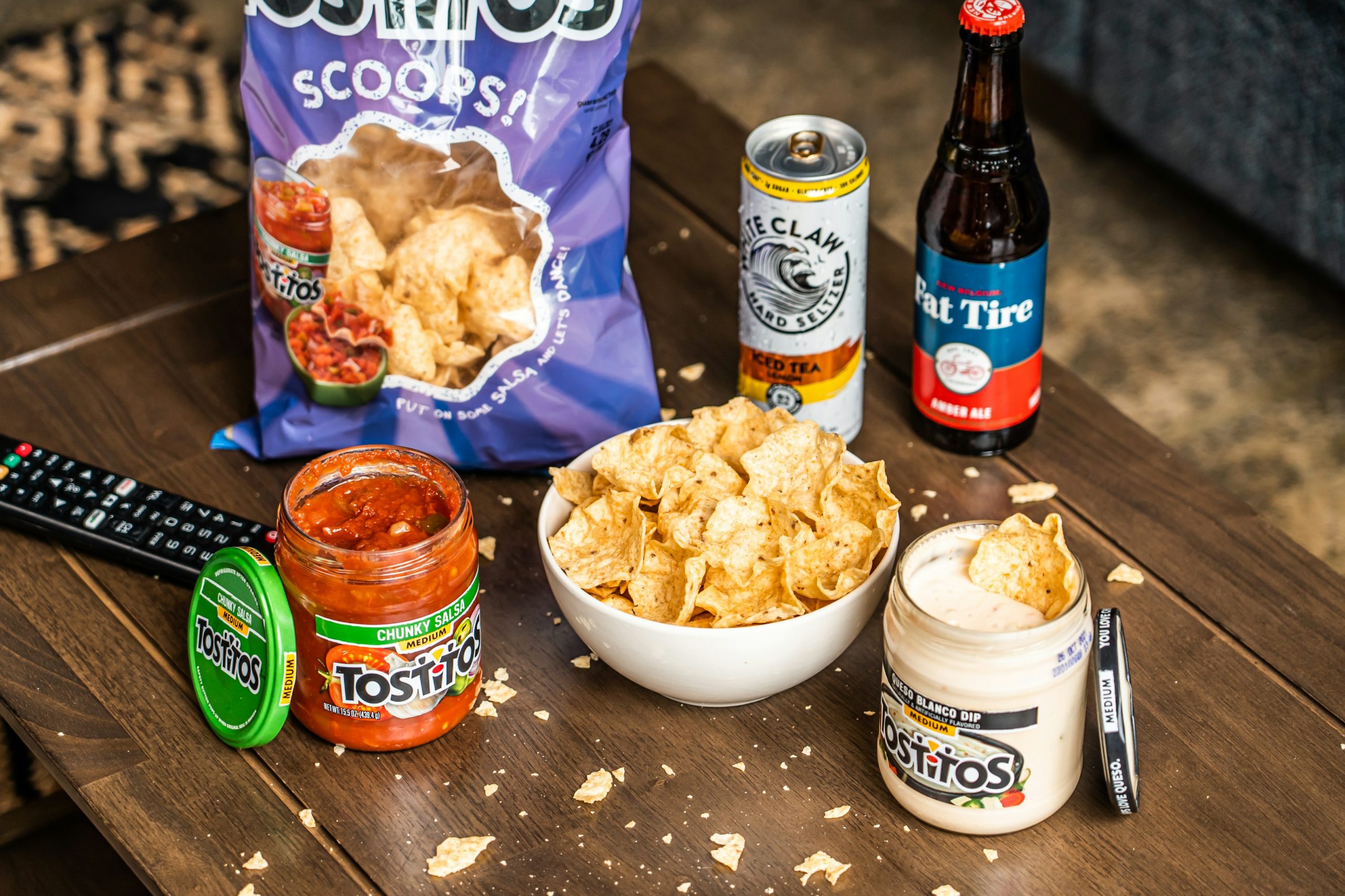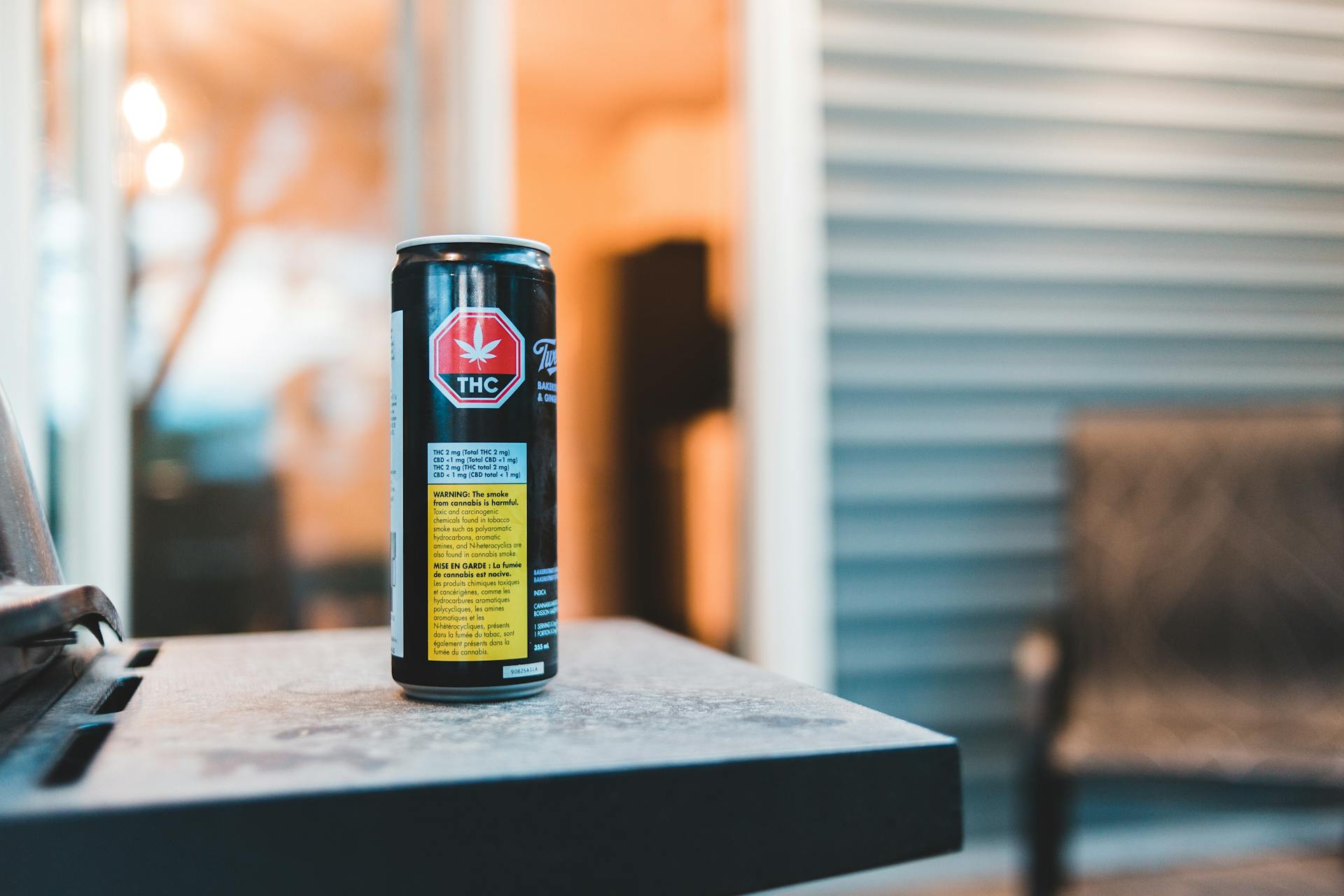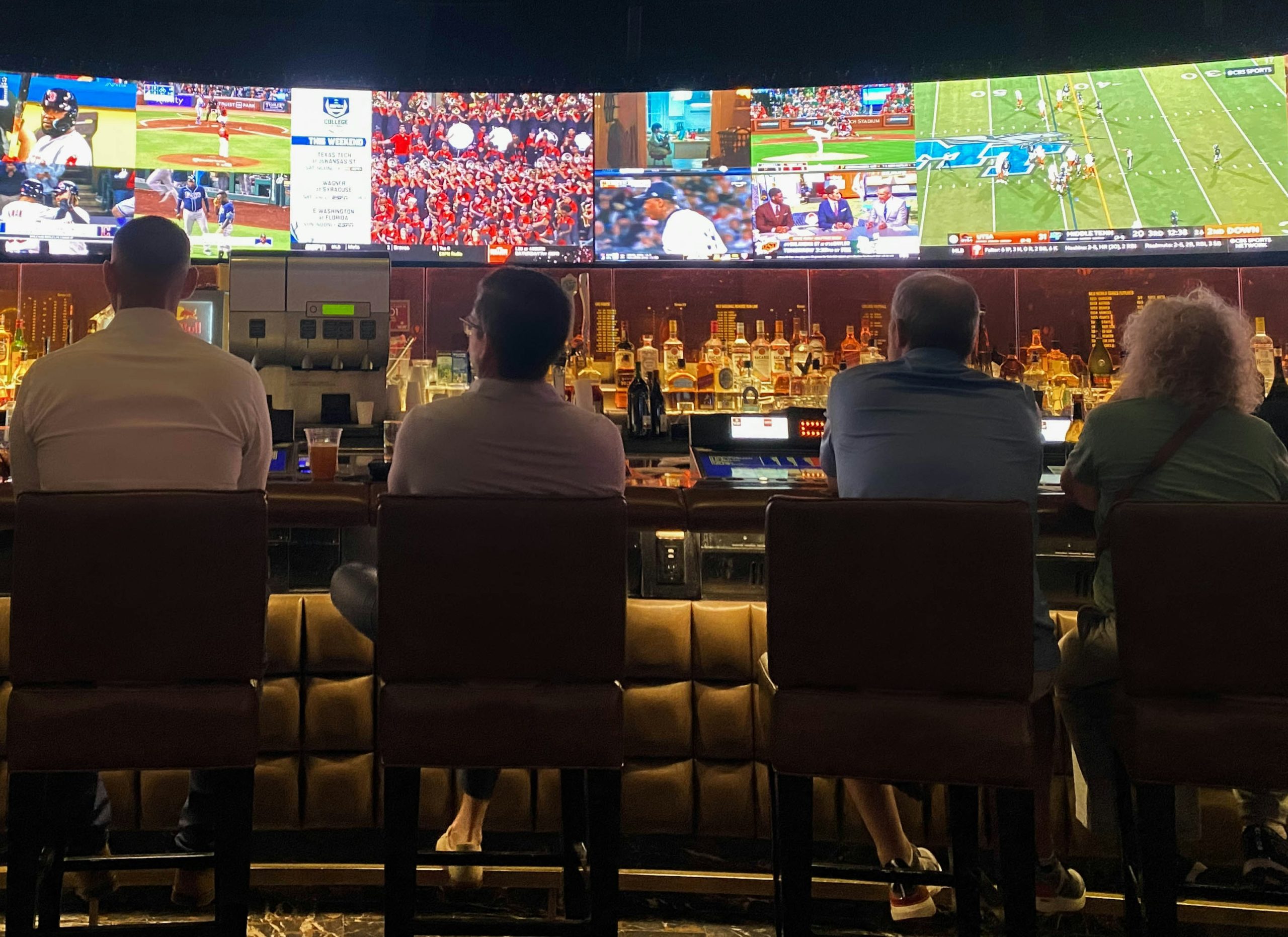7-Eleven’s recent acquisition of start-up Skipcart may not focus on delivering snacks and convenience store staples, given that demand for grocery delivery services, which skyrocketed at the start of the pandemic, appears to be losing momentum.
Skipcart, which began operations in San Antonio in 2018, has a 150,000-driver network in 37 states and parts of Canada, providing same-day, on-demand delivery, often within 30 minutes.
In announcing the acquisition, 7-Eleven didn’t disclose terms of the agreement, but The Information reported (Aug. 5) the delivery service was valued at $65 million in 2020. The acquisition could change 7-Eleven’s relationship to other delivery apps like DoorDash and Postmates that currently deliver 7-Eleven orders, Restaurant Business reported.
According to market research firm Brick Meets Click, Americans spent $500 million a month on grocery delivery fees pre-pandemic with the figure swelling to $3.4 billion by June 2020. But the Associated Press noted that by June 2022, grocery delivery had fallen 26% from 2020 levels. That has sent delivery companies like Buyk into bankruptcy, and prompted Jokr to rethink its decision to enter the U.S. market.
“While delivery services are not used by consumers as frequently as during the pandemic, that also may have presented an opportunity to purchase a business such as Skipcart at a lower price than 12- to 18 months ago,” said Carlos Castelán, managing director of management consulting firm The Navio Group, which advises national brand name grocers.
7-ELEVEN’S OPPORTUNITY
To gain market share 7-Eleven could slash delivery fees, Liam Hunt, analyst and writer at SophisticatedInvestor.com, told The Food Institute.
Restaurant Business noted 7-Eleven’s move comes as rival Canadian convenience store chain Alimentation Couche-Tarde Inc. invested in Food Rocket, which promises grocery delivery in 15 minutes.
Castelán also told The Food Institute the acquisition gives 7-Eleven the opportunity to offer last-mile delivery to non-competing retailers, noting:
“The acquisition is one that leaves room for a lot of different possibilities for 7-Eleven in the future.”
From the convenience stores themselves, Castelán expects orders to “to mirror the mix of products from similar services: ice cream, soda, alcohol, and likely some of the hot items that 7-Eleven is well known for with its customers, such as wings or pizza,” with the company’s current loyal customers expected to take the most advantage.
7-Eleven has more than 9,500 U.S. stores under the 7-Eleven banner, 3,800 under the Speedway banner and 500 under the Stripes banner. It also owns Laredo Taco Co. and Raise the Roost Chicken Biscuits. Additionally, the company operates in 18 other countries and regions.


